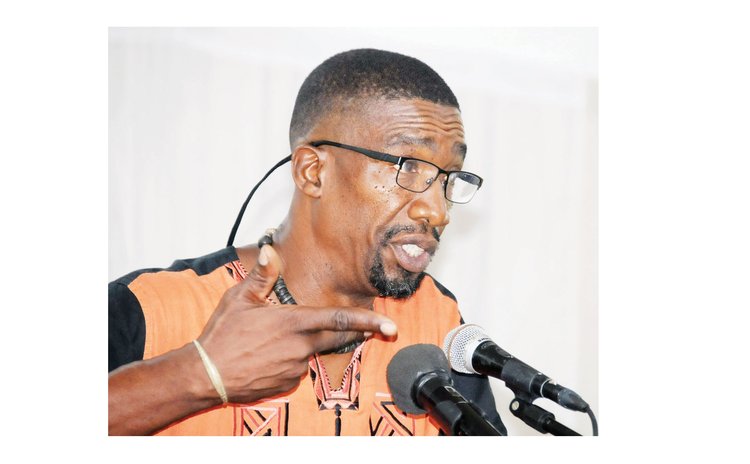Dominica's Carnival Festival, the 'Real Mas'; 2019 and beyond…

Traditionally major festivals have been mediums for bringing about change. The same is true today. Festivals allow people to not only speak about daily living but also to give voice to their inner griefs, resentments and joys. Today like in times past festivals carried peace and conflict. The masks and the songs can teach or curse while also highlighting issues to which authorities must respond or change.
Contrary to what we believe, the complex of ideas and practices that distinguish the festival we know as Carnival and call the "Real Mas" did originate in Africa. Evidence of this African festival complex can be found on the continent particularly Egypt as far back as 6000 years ago. This festival complex was subsequently adapted by Greece then the rest of Europe including Christian Rome while at the same time continuing to thrive in other parts of the African continent. These two radically different streams clashed on the Caribbean slave plantations giving birth to the Dominican adaptation that we now call the "Real Mas". Kimani Nehusi in his essay "The Origins of Carnival" describes the Wosirian Drama Festival which took place 6000 years ago on the banks of the Nile in Egypt. Those Egyptians (Africans) committed three to five days between the old and new year to the suspension of all human laws; no ordinary business was conducted. The suspension of social conventions and political order coupled with the FREEDOM of expression were the order of those three to five days. Interestingly that festival was intimately connected with their agricultural rituals but more importantly signified a periodic return to NATURE, a time to let go of restrictions, tensions, neuroses and social conventions.
During Transatlantic Slavery the "carne-vale" (carne for flesh and vale for bye) festival signified for our European Christian enslavers a period of lascivious partying ('jamming and winning') in a jamboree of sexual excess as they bid goodbye to the flesh in preparation for the restrictions of the Lenten period.
In the early post-emancipation period, our African and Kalinago ancestors used the festival complex not only to celebrate liberation from the inhumanity of chattel slavery and white supremacy; but also, to reconstruct and reassemble the remnants of their religious, spiritual and cultural history to ensure their survival and future resistance. In my view Dominica's attempts to progress in the recent past are characterized by a lack of clarity of purpose and direction; somewhere we seemed to have lost our moorings. I think that this lack of clarity with regards to the PURPOSE and FUNCTION of the "Real Mas" in contemporary Dominica, partly explains why our carnival continues to be bedeviled by the same yearly conflicts and challenges.
There seems to be a sort of schizophrenia, fluctuating between a 'Mas' of spectacle with a presumed economic benefit versus an unconscious connection to unknown and current realities. These realities include the ugly and painful memories of enslavement, persistent psychological abuses, psychiatric pathologies, religious and political persecution and the naked exploitation of national patrimony and labor for the profit of an elite few.
The 2019 organizers seemed to be struggling with the quandary of superficially holding on to the traditional aspect of the "Real Mas," (eg.sensay) only for its assumed economic benefit and less for its revolutionary mandate of explosive creativity, inventiveness and dynamism. Hence the appalling lack of financial investment in the traditional aspects of the 'Mas' in 2019. The organizers must have also grappled with an older generation's difficulty with internalizing contemporary aspects of the 'Mas'. These would have included the bouyon music from the electronic bands, scantily clad bodies 'in their faces' and the flagrant use of mind-altering substances by both young and old revelers. Does, this reflect their ignorance of the psychological and spiritual aspects of the Festival? Have they chosen to forget the democratic ownership of the road, the right to freedom of expression, and the joy of just BEING which were embraced by the oppressed majority on the carnival Mondays and Tuesdays of the past?
I do hope that as the organizers of the 'Real Mas' pursue the prescribed postmortems and plan for 2020 they will CHANGE and embrace the spirit of Sankofa; a return to the past for guidance and clarity with regards to the PURPOSE and FUNCTION of the 'Real Mas' in the future Dominican society.
May the spirits of the ancestors be pleased.
Dr Irving "Eipigh" Pascal.




